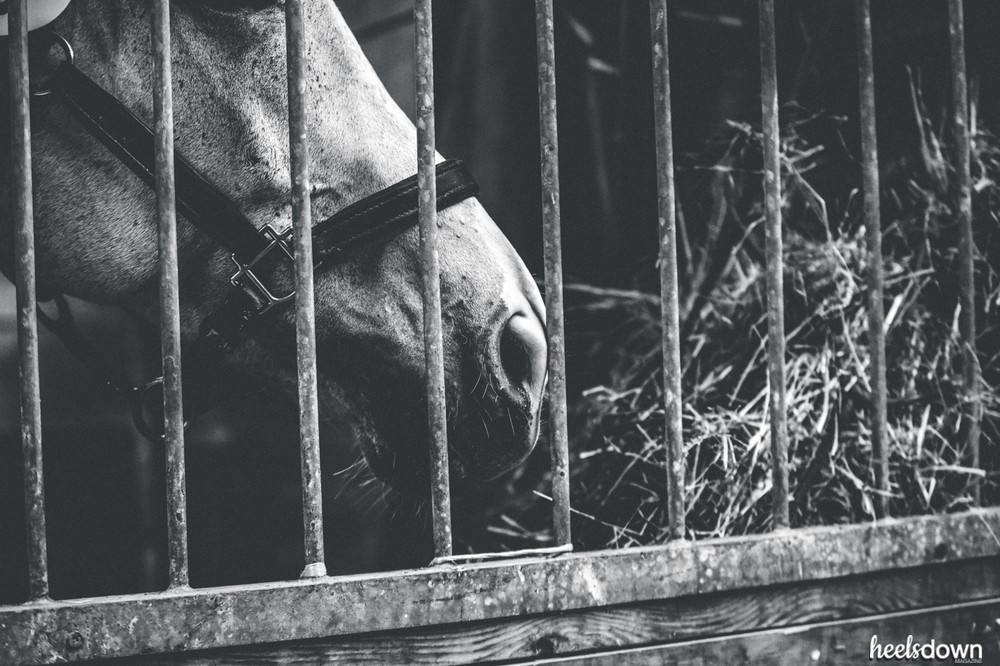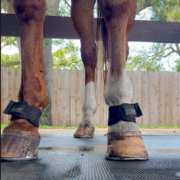Are You Overpaying To Feed Your Horse?

It’s a tricky time to be a horse owner. With the rising costs of gasoline, groceries – you name it – so many of us are looking for ways to pinch pennies.
The impacts of inflation can be felt at the barn too. Any trip to the corner feed store will reveal rising prices on hay and grain. That’s why this is a perfect time to re-evaluate your horses’ dietary needs.
One of the most common problems equine nutritionists see are owners doubling up on supplements and products that horses just don’t need. That could mean feeding two different products that aim to accomplish the same goal (say, keeping the gut and hindgut healthy) or feeding some vitamins and minerals at levels way above (or below) what is nutritionally accurate for a horse. These products cost money, whether or not they’re actually helping your horse.
Tips to consider when evaluating your horse’s nutritional needs.
Purina uses the Test R.I.D.E. system to evaluate nutrition products for horses:
- Look for Research behind the product.
- Make sure the Ingredients make sense.
- Ensure that the Dosage is appropriate to help an animal the size of a horse.
- Evaluate the noticeable benefits, or Efficacy, from feeding that product.
It’s important to periodically evaluate what your horse is eating regularly, and for a variety of reasons. If your horse is advancing in his training, and therefore performing at more demanding levels, you’ll want to ensure you are feeding them enough calories to maintain that level performance. If your horse is performing well on his current regimen, then it might be a good idea to stay the course.
Price vs. Cost:
When considering new feed for your horse, remember to not only look at the overall cost of the bag of feed, but also the cost to feed it per day. Often, the higher priced feed is more nutrient and calorie dense which means you can feed less to support a given level of work and body condition.
To calculate the actual cost to feed, divide the cost per bag by the pounds in the bag and then multiply by the pounds per day you’re feeding. Then, add the daily cost of any supplements you add to the feed and you’ll have the amount you’re spending daily to feed your horse.
For example, a bag of horse feed that is $16 may cost about $4.02 to feed per day, when calculating amount needed per meal plus supplementing with other products (let’s say $1.05 for supplements per day). A $20 mid-grade bag of feed will cost $2.68 to feed per meal without needing supplements. And that $30 bag of feed may come out around $2.52 per day.
While the cost of a bag of feed will vary, low-cost feeds generally are not well fortified to meet all of a horse’s nutrient requirements and may require supplements. They can be fed without supplements, of course, but the horse’s appearance and performance may not be optimal. Adding in those supplements to meet vitamin and mineral requirements only makes the bag of feed more expensive.
When choosing to re-evaluate your horse’s dietary needs, it’s always a good idea to enlist proper help. An equine nutritionist can help determine the right plan for you and your horse.


